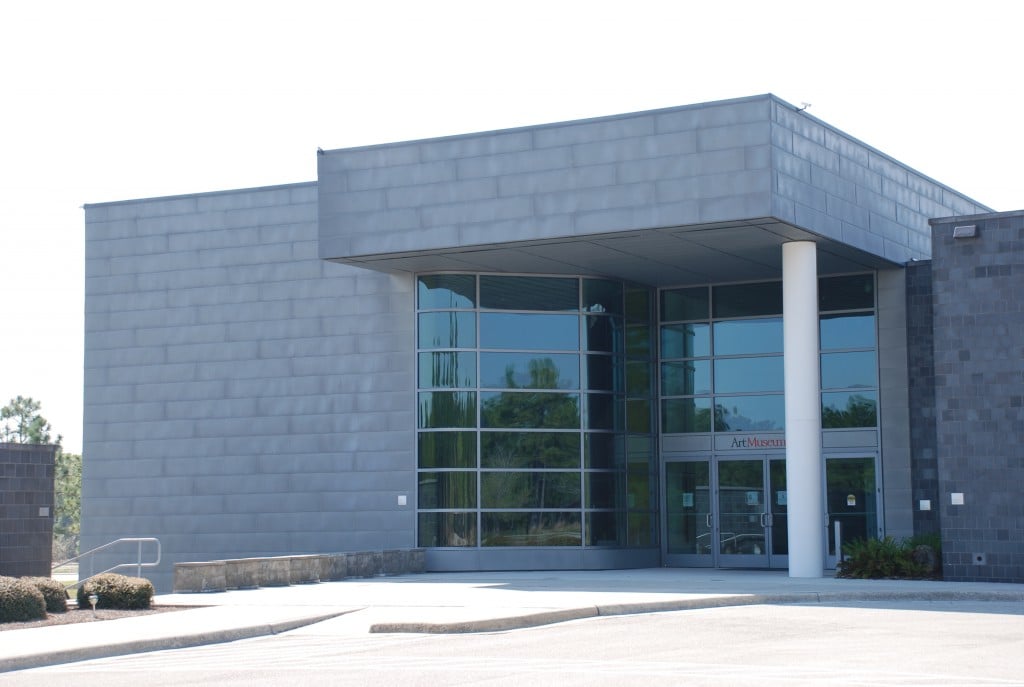Piedmont Natural Gas to invest in Sutton site
Piedmont Natural Gas has reached an agreement with Progress Energy to provide natural gas to the new plant that will be built on the Sutton Power plant in Wilmington, according to a press release on Thursday.
Piedmont will build 133 miles of pipeline and will install new compression facilities for the Sutton Plant. Piedmont’s investment in the facilities is $217 million. Construction will begin in early 2011 and will be ready by mid 2013.
“We are excited about this additional opportunity to work with Progress Energy to add significant new natural gas infrastructure to deliver clean and efficient energy to the eastern portion of North Carolina,” said Piedmont Natural Gas Chairman Thomas Skains in a press release. “This project will stimulate economic growth and development and benefit our environment and the energy consumers in North Carolina
“We welcome today’s announcement which represents not only a significant investment by Piedmont Natural Gas and Progress Energy Carolinas in critical energy infrastructure for our State but also advances our joint efforts to create a cleaner environment for the benefit of all North Carolinians,” said Governor Bev Perdue in the press release.
Progress Energy will shut down the Sutton power plant here by the end of 2014, but the company is building a $600 million natural gas-powered plant about the same size at the site.
The power company plans to close four of its coal-burning plants. Sutton’s 600 megawatt plant on U.S. 421 is the largest-voltage plant slated to be closed. Others include the Cape Fear Plant near Moncure, the Weatherspoon Plant near Lumberton and the Lee Plant near Goldsboro.
The Sutton Plant employs about 80 workers.
Late last year, Progress Energy spokesperson Mike Hughes said “We expect to file an application for a certificate of need to the NC utilities commission before the end of the year.”
That application would put the site on track to begin energy production by the time the coal-powered plant is closed, he said.
The natural gas-powered plant that would replace Sutton would employ 35-40 people, Hughes said. “We are working to identify other areas in the company that these folks can transfer to either short-term or long term,” he said. He also added that employees at the Wilmington site may be retrained to operate the new plant.
The four plants do not use flue-gas desulfurization controls or scrubbers. The plants are about 30 percent of the Progress Energy’s coal-fired power generation fleet in North Carolina. The moves will result in “significant emission reductions, including carbon dioxide, sulfur dioxide, nitrogen oxides, mercury and other pollutants” according to a press release.
“Progress Energy’s announcement is important for North Carolina’s air quality,” said Gov. Bev Perdue in a press release. “The transition toward cleaner sources of energy is good for the environment and the economy.”
The Sutton Plant is named after Louis V. Sutton, the chairman and president of Carolina Power & Light from 1933 to 1968. Carolina
Power merged in 2001 with Florida Power to become Progress Energy. The Sutton Plant is about 56 years old.
Progress Energy also plans to build a new plant fueled by natural gas in Wayne County. The company will continue to operate three coal-fired plants in North Carolina after 2017. The company has invested more than $2 billion in installing state-of-the-art emission controls at the 2,424 megawatt Roxboro Plant and the 742- megawatt Mayo Plant, both located in Person County, and the 376- megawatt Asheville Plant in Buncombe County. Emissions of nitrogen oxides, sulfur dioxide, mercury and other pollutants have been reduced significantly at those sites.
Installing emission controls on older, smaller coal-fired units is expensive, including hundreds of millions of dollars per unit for flue-gas desulfurization equipment (scrubbers) and additional expense for other technologies. Current and expected legislation affecting various pollutants will continue to increase the cost of coal-fired generation, particularly at smaller, older plants.
The plan filed on Tuesday was in response to a request by the N.C. Utilities Commission. The regulatory agency ordered the company to provide its retirement plans related to “unscrubbed” coal-fired units in North Carolina.
The company expects to retire the coal-fired Sutton Plant in 2014. The plant has three units that came online in 1954, 1955 and 1972. In the coming weeks, the company will seek approval from state regulators to build a natural gas-fueled plant of about the same size as the current coal plant (600 megawatts) at the Sutton site, located on the Cape Fear River near Wilmington. Due to the location of the plant at the far eastern end of Progress Energy’s electric system, the company must replace the generation in the same area to maintain system reliability, according to the release.
http://www.wilmingtonbiz.com/industry_news_details.php?id=1360





Leave a Reply